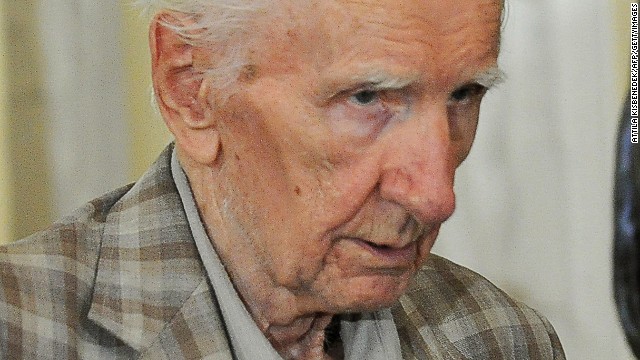by Tony Iozzo
Impunity Watch Reporter, Europe
ROME, Italy – The director of the Vatican bank and his deputy resigned Monday amidst a financial scandal that has led to a prelate and an Italian Secret Service Officer being arrested by Italian authorities.

The prelate, Monsignor Nunzio Scarano, the bishop of Salerno, and the secret service agent, Giovanni Maria Zito, were detained after an investigation arising out of a three-year examination into the Vatican Bank.
Italian prosecutors allege that the men planned to sneak $26 million into Italy and avoid facing financial controls on the money. They allegedly hired a private plane last July with the intention of bringing the cash from Switzerland to Italy, where the money was to be picked up by Zito, who, by virtue of his position as a Secret Service Agent, would not be required to declare it at the border.
According to reports, Scarano needed the money to pay off a personal mortgage, and was advised to ask 56 friends to accept 10,000 euros each to launder the money and inconspicuously hide it.
The Vatican bank, known as the Institute for Religious Works (IOR), saw its director, Paolo Cipriani, as well as its deputy director, Massimo Tulli, step down “in the best interest of the institute and the Holy See,” the Vatican said in a statement.
The IOR has been under strict scrutiny amid concerns that it was being used as an offshore tax haven. It has undergone drastic changes in an effort to adhere to international norms to fight money laundering and terror financing. The “old guard” management of the bank did not always whole-heartedly conform to the scrutiny, and Monday’s resignations represent a final overthrow of the “old guard” management.
The European Union and the United States have notified countries that they would no longer tolerate tax havens such as Switzerland and Luxembourg. Pope Francis and Pope Benedict XVI have tried to bring the bank into compliance with European norms so that it can use the euro. As such, the Vatican has been complying with investigators on the case, which has largely been unprecedented its history as a sovereign entity.
In years past, the Vatican has refused to assist in investigations into a murder, a kidnapping, and an assassination attempt on Pope John Paul II.
“This time the collaboration is real, and the Vatican has announced that it would do its own internal investigation,” a Turin reporter indicated.
A commission of cardinals was appointed by Pope Francis that will report on further activities of the IOR and collect both confidential and non-confidential information on the bank.
For more information, please see:
BBC News – Vatican Bank Director and Deputy Resign Amid Scandal – 1 July 2013
Yahoo News – Vatican Bank Director, Deputy Resign Amid Scandal – 1 July 2013
Al Jazeera – Vatican Cleric Arrested in Corruption Case – 28 June 2013
Corriere – Prelate and Secret Service Officer Arrested in Vatican Bank Inquiry – 28 June 2013
New York Times – Cleric Arrested in $26 Million Bank Plot, Leaving New Blot on Vatican Bank – 28 June 2013

